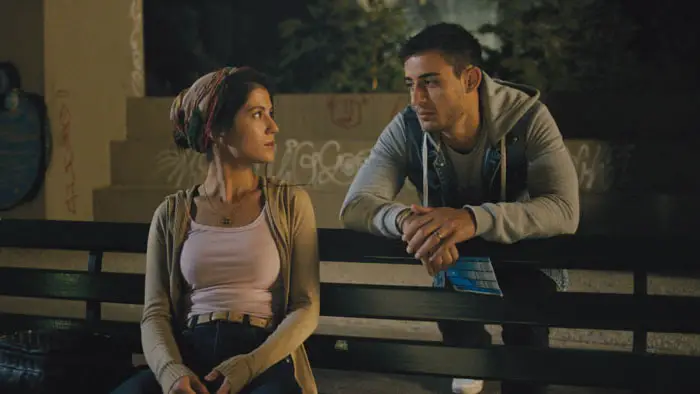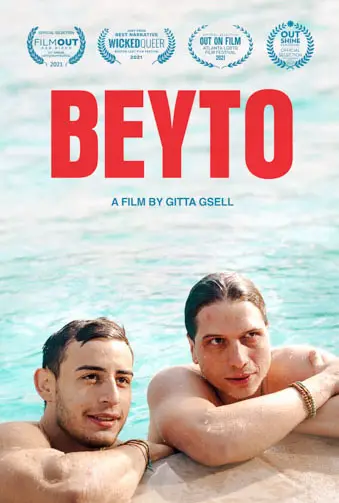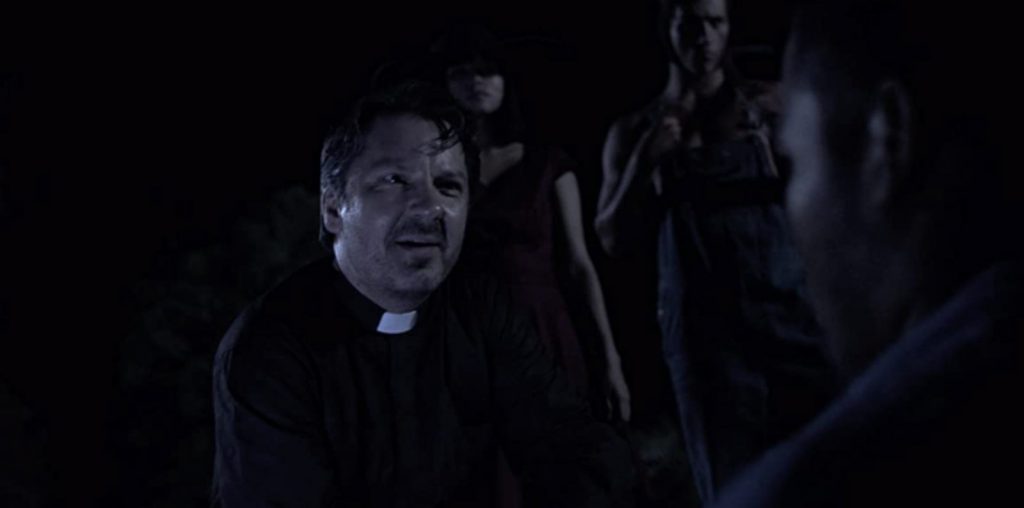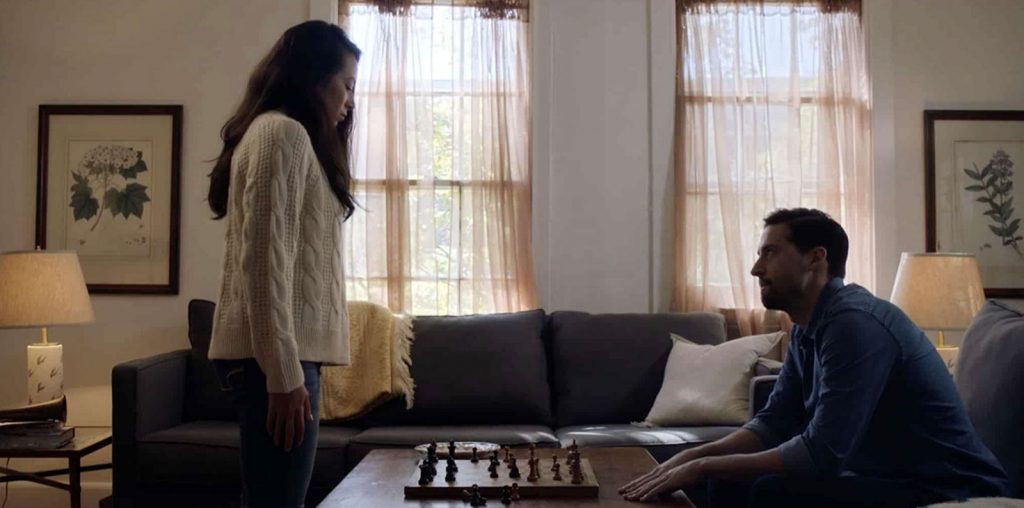
When ex-Superman actor Dean Cain called DC’s decision to introduce a bisexual Superman “bandwagoning” and considered fighting for “rights of gay people in Iran” the real bravery, many didn’t get what he meant. But I knew what he was talking about. The most dramatic portrayal of the LGBT+ community in mainstream Western media is far better than the real life of the members of such communities in less-developed countries. Gitta Gsell’s Beyto is a film that tackles the issue in one such community.
Beyto (Burak Ates) is a young Turkish boy from an immigrant family who lives in Switzerland. He is a professional swimmer and is trying his best to get into national competitions when he realizes that his coach, Mike (Dimitri Stapfer), is gay. The two start to form an emotional bond and eventually fall in love with each other, but when Beyto’s parents eventually find out he is gay, they come up with a bitter scheme.
The best thing about Beyto is that there are no evil-minded antagonists in the film. Although Beyto’s parents put him between a rock and a hard place over and over again, their intentions are not malicious. In their equations, they are just protecting their only child from certain harms such as shame or eternal damnation of his soul. This is well established through their constant connection to traditions: they own a fast-food selling Doner Kebab—a traditional Turkish food—they are always watching Turkish channels on TV, and even after years of living in the heart of Europe, they still visit their remote hometown in Turkey every year.

“When Beyto’s parents eventually find out he is gay, they come up with a bitter scheme.”
Beyto’s parents represent the dominant mentality toward the LGBT+ community in less-developed countries; their violent actions toward the LGBT+ community are rooted in outdated ideas and traditions that are hundreds of years old. They are not evil; they just don’t know any better, and Beyto perfectly portrays the difference.
The film also illustrates how in deeply traditional communities, a really personal issue such as sexual orientation escalates into a tsunami that hits several families and lays waste to the life of many other people around Beyto. Seher (Ecem Aydin) was one of the victims of this tsunami when she was married to Beyto. She dreams of finding happiness in Europe and leaving her small village in Turkey behind, but she eventually finds out she was just a pawn on a chessboard trying to force the king to surrender.
What Beyto lacks is actually the chemistry between its characters, specially Beyto and Mike. Although the cast performs quite well individually, their interactions usually fail at emotional levels. The way Beyto comes out as gay is more like a joke. He finds Mike’s behavior offensive and asks if he’s gay. When Beyto receives yes for an answer, he suddenly starts flirting with Mike. The way the film demonstrates such a big decision is irrational and unacceptable. In a general sense, the characters in Beyto can hardly create a sense of empathy in the audience due to a lack of development and depth.
Beyto is about the people who are not heard by the world, people whose best days are worse than some of our nightmares. I believe Gsell aims to bring the difficulty of being one such person into the spotlight, and Beyto does that pretty well.

"…about the people who are not heard by the world."


